People
Project Partners

Marco Armiero : OCC! Principal Investigator
Marco Armiero is the PI of the Occupy Climate Change! project. He is Icrea Research Professor at the Institute for the History of Science at the Autonomous University of Barcelona. With his research, Marco has contributed to bridge environmental humanities and political ecology.
Among his publications: Nature and History in Modern Italy (2010), A Rugged nation. Mountains and the making of modern Italy (2011), Environmental History of Modern Migrations (with R. Tucker, 2017). He has published several articles on the struggles over toxic contamination in Italy.
Founding members of the OCC! collective
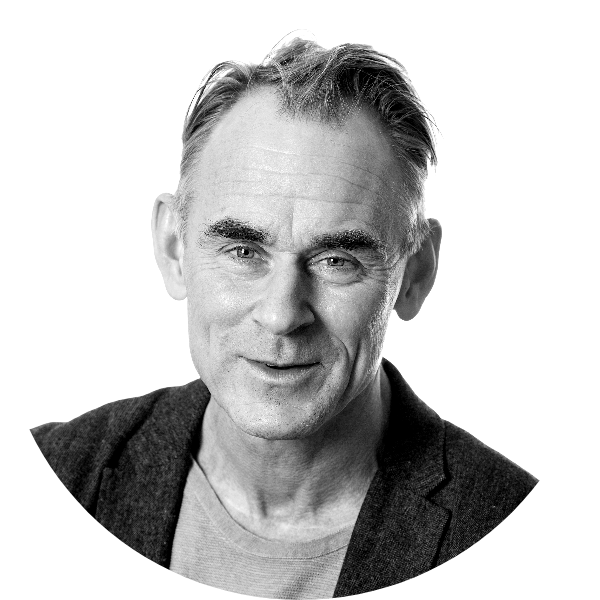
Sverker Sörlin is a professor in the Division of History of Science, Technology and Environment at the KTH Royal Institute of Technology, Stockholm, a co-founder of the KTH Environmental Humanities Laboratory. He also serves as a policy analyst and advisor. Current research interests include the science politics of climate change and the formation of environmental expertise. He is the co-editor, with Libby Robin and Paul Warde, of The Future of Nature: Documents of Global Change (Yale University Press, 2013), and, with Dolly Jörgensen, of Northscapes: History, Technology, and the Making of Northern Environments (University of British Columbia Press, 2013).

Roberta Biasillo is an environmental historian and is currently working at the Environmental Humanities Laboratory, Royal Institute of Technology in Stockholm (Sweden). She is a researcher at the Italian National Institute of Social Security (INPS) and affiliated with the University of Roma Tre (Italy). She is conducting a research on fascist colonial ecologies, particularly in North Africa, besides OCC!. In 2017-2018 she has been a fellow at the Rachel Carson Center for Environment and Society in Munich (Germany). In 2016, she was a visiting scholar at the KTH Environmental Humanities Laboratory with a project on a nineteenth-century Italian flood and the analysis of related intervention policy and practice. She holds a PhD in early modern and modern European history from the University of Bari, Italy. Her doctoral dissertation explores the interaction between forests and modernization in Italy in the nineteenth century. Her research areas also cover political ecology and environmental humanities, and research interests include property regimes, territorial and forest issues, and natural disasters. Roberta Biasillo is a member of the European Society for Environmental History and serves as representative of young scholars in the fields of environmental history and humanities (ESEH NEXT Generation Action Team). She is a member of the editorial board of the Italian journal Historia Magistra. Rivista di Storia Critica.
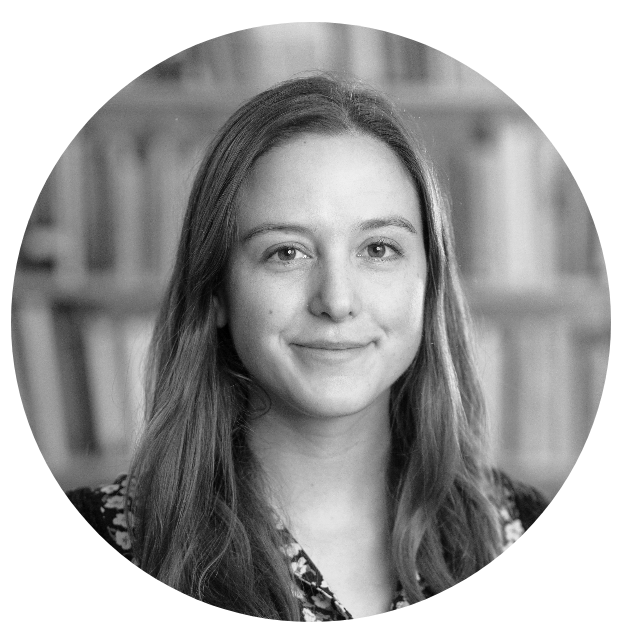
Anja Rieser is centre coordinator at the KTH Environmental Humanities Laboratory at the Division of History of Science, Technology, and Environment, Royal Institute of Technology, KTH, Sweden. She coordinates various events and educational activities at the EHL, in addition to working with communications and website editing. Within the OCC! project Anja coordinates currently the Atlas of the Other Worlds, and the two past editions of the Occupy Climate Change school, a school for early-career researchers, on climate change and its consequences of loss and damage, focusing on interdisciplinary research and direct action concerning environmental justice, climate justice, environmental history, and storytelling.
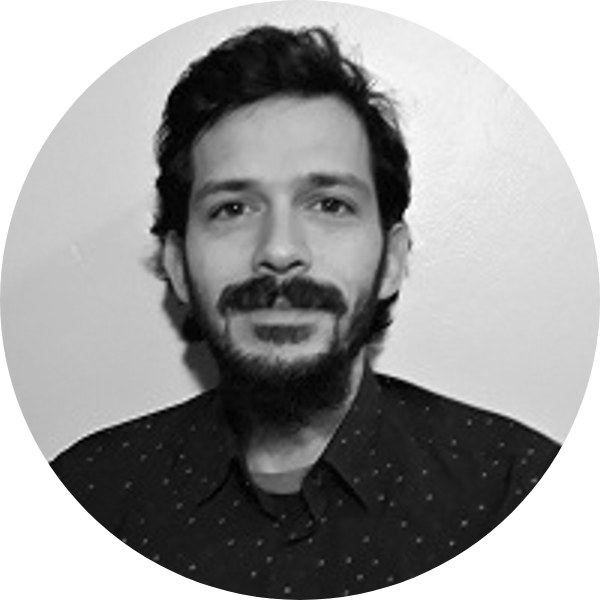
Salvatore Paolo De Rosa is a postdoctoral researcher at the Environmental Humanities Lab of KTH. He holds a PhD in Human Geography from Lund University, Sweden, and is a Fellow of the ENTITLE Collective, a research and activist group that grew out of the ENTITLE Network for Political Ecology. His research areas are political ecology, geography and environmental anthropology while his work focuses on environmental conflicts, socioecological metabolisms and grassroots eco-politics. Currently, he is researching the interactions between municipal administrators and grassroots movements around urban adaptation to climate breakdown in Malmö. He is among the founders and editors of the ENTITLE Blog and collaborates with the Italian independent magazine Napoli Monitor. His work has appeared on scientific journals, popular magazines, research blogs, collective books and NGOs websites.

Ethemcan Turhan : OCC! research coordinator
Ethemcan Turhan is a researcher at KTH Environmental Humanities Lab. Previously, he was a Mercator-IPC postdoctoral fellow on climate change in Istanbul Policy Center, Sabanci University. He received his Ph.D. in environmental studies in 2014 from the Institute of Environmental Science and Technology (ICTA), Universitat Autònoma de Barcelona (Spain). His research interests are international climate change regime (UNFCCC), Turkey’s national climate change policy, climate change adaptation, ecological conflicts, environmental movements, energy democracy and migration in the context of climate change. His scholarly work appeared in academic outlets such as Sustainability Science, WIREs Climate Change, Global Environmental Change, Ecological Economics, Capitalism Nature Socialism, New Perspectives on Turkey and Journal of Political Ecology.
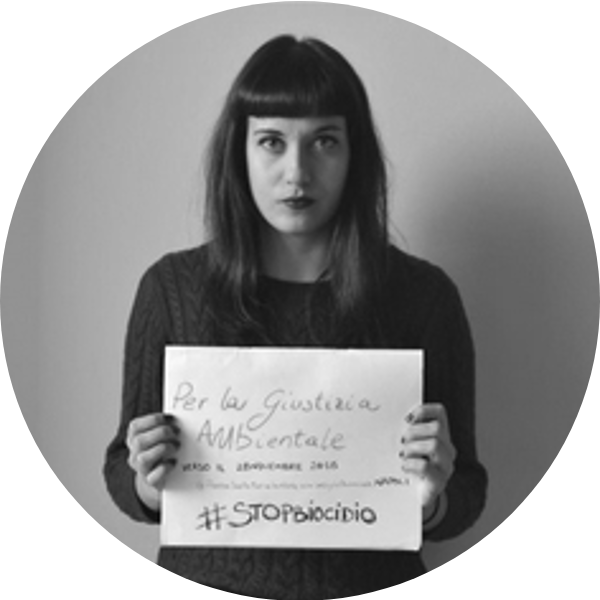
Ilenia Iengo : OCC! research assistant until June 2018
Early career researcher in Political Ecology and Environmental Humanities. Affiliated at KTH Environmental humanities laboratory she works for the projects: Toxic Bios: a guerrilla narrative project and Occupy Climate Change! Her research focuses on the matters of politicization of ill bodies, storytelling environmental justice, grassroots social movements, feminist political ecology, narratives of contamination. She is co-author, with Marco Armiero, of The politicization of ill bodies in Campania, Italy. (2017) Journal of Political Ecology 24: 44-58.

Ashley Dawson is the Barron Visiting Professor in the Environment and the Humanities at the Princeton Environmental Institute, on leave from his permanent position as Professor of English at the Graduate Center/CUNY and the College of Staten Island. He is the author of two recent books on topics relating to the environmental humanities, Extreme Cities: The Peril and Promise of Urban Life in the Age of Climate Change (Verso, 2017), and Extinction: A Radical History (O/R, 2016), as well as six previous books on global social justice movements and anti-imperialism
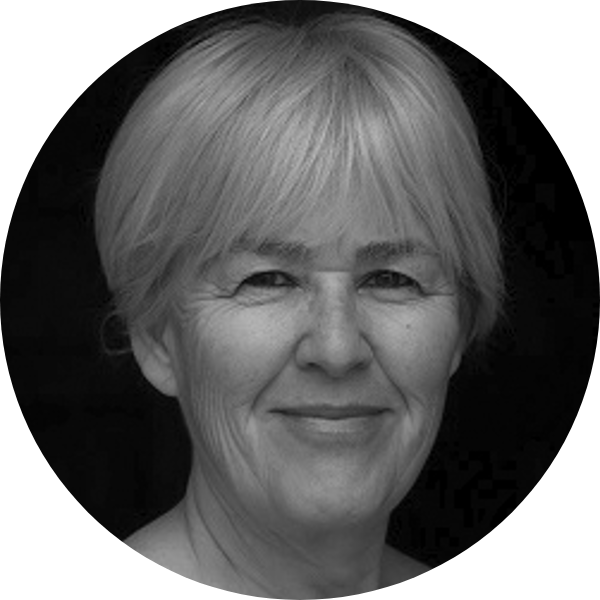
Maria Federica Palestino is associate professor of Urban Planning at the “Federico II” University of Naples, Italy. Her primary research interest is the design of inclusive action-research processes aimed at the social construction of urban plans, programs and policies. Her specific focus is on how to enhance local identities and public images through community participation and involvement. In her latest research project she is exploring the empowerment of fragile communities and places to recover from socio-ecological decline.
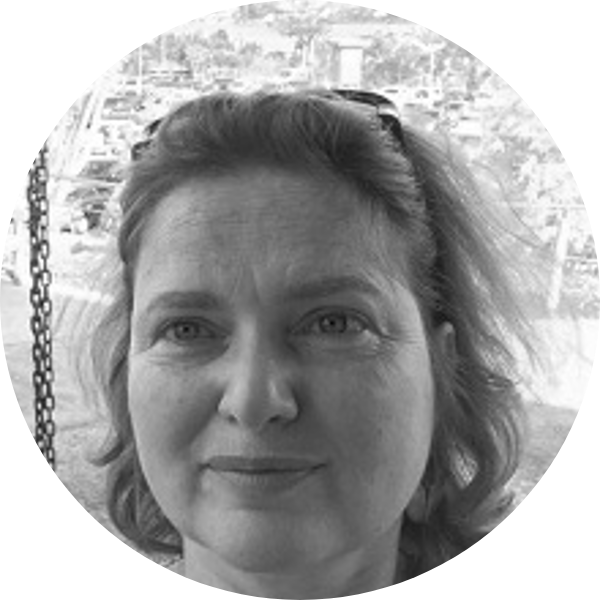
Lise Sedrez (Ph.D. in Latin American History) is an environmental historian at Universidade Federal do Rio de Janeiro. She has worked and published in the USA and Brazil, and is the co-editor of the series Latin American Landscapes. Professor Sedrez’s research interests include urban environmental history and history of disasters. She is co-editor with S. Ravi Rajan of The Great Convergence: Environmental histories of BRICS (2018).
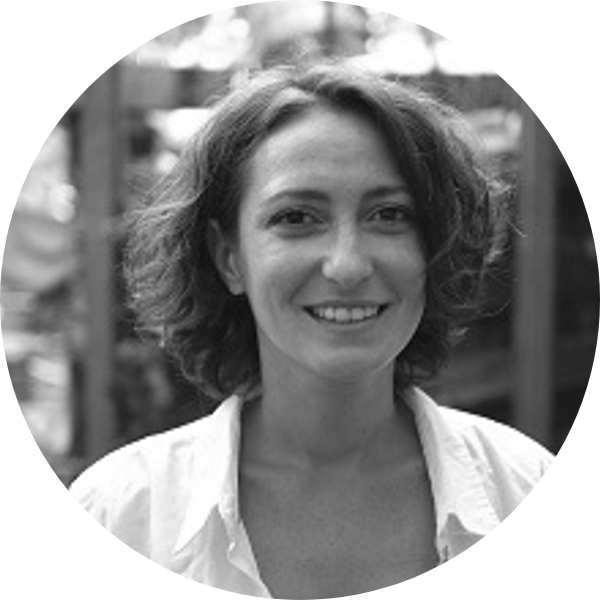
Ayşem Mert is Associate Senior Lecturer at the Department of Political Science, Stockholm University, Adjunct Faculty at the VU University Amsterdam, and a research fellow at the Earth System Governance Research Programme. Her research focuses on discourses of democracy and environment at transnational and global levels, political storytelling, and public-private cooperation/partnerships, using mixed and/or interpretive methods (particularly post-structuralist discourse theory and ecocriticism). She is the author of Environmental Governance through Partnerships: A discourse theoretical study and co-editor of Public–Private Partnerships for Sustainable Development: Emergence, Influence and Legitimacy as well asarticles in Environmental Values, Journal of Environmental Policy and Planning, and Global Policy among others.
Teachers of the OCC! winter school 2022
- Marco Armiero ( KTH Environmental Humanities Lab, Sweden & Istituto di Studi sul Mediterraneo (CNR-ISMed), Italy) environmental humanities, and political ecolog
- Alessio Battistella (ARCò – Architecture and cooperation, Italy) sustainable architecture, and community development
- Gilda Berruti, (Department of Architecture, University “Federico II” Napoli, Italy) urban studies and governance
- Ashley Dawson (College of Staten Island, City University of New York) urban studies, and resilient design
- Robert Gioielli (University of Cincinnati, USA) race and sustainability, environmental institutions, and urban environmental history
- Hanna Musiol (NTNU Environmental Humanities, Norwegian University of Science and Technology, Norway) literary studies, transmedia storytelling, and human rights
- Maria Federica Palestino (Department of Architecture, University “Federico II” Napoli, Italy) urban studies and governance
- Elena Past (Department of Classical and Modern Languages, Literatures, and Cultures, Wayne State University, USA) Italian cinema, and environmental media studies
- Lise Sedrez (Instituto de História, Universidade Federal do Rio de Janeiro, Brazil) latin american history, history of disasters, and urban environmental history
- Bruno Venditto (Istituto di Studi sul Mediterraneo (CNR-ISMed) & Namibia University) migration, development, and economics
- Antonio Ortega Santos (Department of Contemporary History, Faculty of Bachelor and Arts & Research Group STAND (South Training Action Network of Decoloniality), University of Granada, Spain) environmental conflicts and socioenviromental vulnerability
Teachers of the OCC! school 2023
- Marco Armiero (Icrea and Institute for the History of Science, Autonomous University of Barcelona, Spain) environmental humanities and political ecology
- Hicham Barakat (Morocco Graduate Communications Institute, Environmental Humanities and Sustainability Competence Centre “EHSCC”), environmental migration and development
- Gilda Berruti, (Department of Architecture, University “Federico II” Napoli, Italy) urban studies and governance
- Nicolas Cuvi (Department of Anthropology, History and Humanities, Latin American Faculty of Social Sciences, FLACSO Sede Ecuador), climate change in the Tropical Andes, posthumanities, history of science
- Tommy Davis (Department of English, The Ohio State University), environmental humanities, energy humanities, aesthetics, and literature
- Robert Gioielli (University of Cincinnati, USA) race and sustainability, environmental institutions, and urban environmental history
- Alice Dal Gobbo (Department of Sociology and Social Research, University of Trento) political ecology and everyday life
- Hanna Musiol (Norwegian University of Science and Technology, NTNU Environmental Humanities, Norway) print and transmedia storytelling, environmental justice and human rights, migration, civic engagement
- Maria Federica Palestino (Department of Architecture, University “Federico II” Napoli, Italy) urban studies and governance
- Federica Giardini (Department of Philosophy, Communication, Performing Arts, University Roma Tre – postgraduate course in Environmental Humanities), political philosophy, transfeminist studies
- Lise Sedrez (Instituto de História, Universidade Federal do Rio de Janeiro, Brazil) Latin American history, history of disasters, and urban environmental history
- Nuno Marques (Environmental Humanities Laboratory, KTH and Centre for Social Studies, Coimbra), ecopoetics, ecopoetry in the environmental humanities, atmospheres, breathing
- Antonio Ortega Santos (Research Group STAND (South Training Action Network of Decoloniality, Peace & Conflict Research Institute, University of Granada, Spain), decolonial studies and socioenvironmental vulnerability
- David Pellow (University of California, Santa Barbara), environmental justice, climate justice, racial justice politics, multispecies justice
- Carlos Tabernero ( Institute for the History of Science, Autonomous University of Barcelona, Spain), media and the environment, history of science
- Salvo Torre (University of Catania), political ecology and socio-ecological crisis
- Bruno Venditto (Istituto di Studi sul Mediterraneo (CNR-ISMed) & University of Namibia), migration, development, and economics